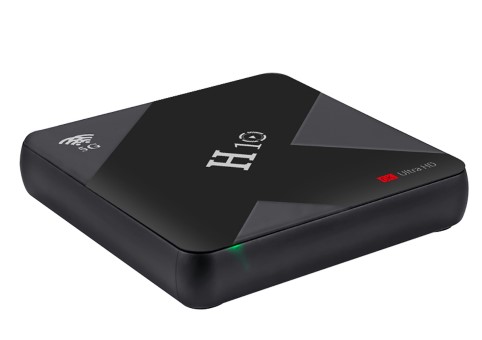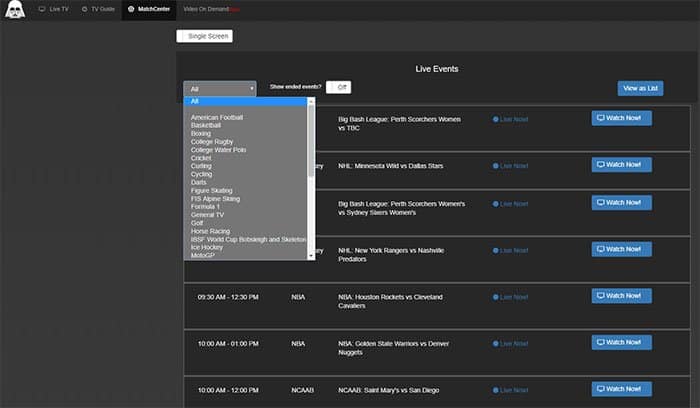
Movie and TV show content is widely available on the Internet for no cost but it seems that many thousands of individuals are prepared to pay for the privilege.
That has resulted in countless unlicensed subscription-based services appearing, some as part of live broadcast IPTV packages and others as standalone services.
Earlier this year it was revealed that the MPAA had made several referrals to the Department of Justice (DoJ), calling for some pirate streaming services to be criminally prosecuted. It now transpires that at least one of those referrals has come to fruition.
According to an announcement by the Department of Justice, eight individuals were indicted by a grand jury Tuesday for conspiring to violate criminal copyright law by running “two of the largest unauthorized streaming services in the United States.”
The indictment lists the following men as the defendants in the case;
Kristopher Lee Dallmann, 36; Darryl Julius Polo, aka djppimp, 36; Douglas M. Courson, 59; Felipe Garcia, 37; Jared Edward Jaurequi, aka Jared Edwards, 38; Peter H. Huber, 61; Yoany Vaillant, aka Yoany Vaillant Fajardo, 38; and Luis Angel Villarino, 40.
All are charged with running Jetflicks, a subscription-based TV show streaming service running out of Las Vegas, Nevada.
“The defendants reproduced tens of thousands of copyrighted television episodes without authorization, and distributed the infringing programs to tens of thousands of paid subscribers located throughout the U.S. At one point, Jetflicks claimed to have more than 183,200 different television episodes,” the DoJ states.
It’s further claimed that one of the defendants, Darryl Julius Polo, who was allegedly part of the Jetflicks programming team, left Jetflicks in order to create his own service, known online as iStreamItAll. According to the DoJ, the service claimed to have 115,849 television episodes and 10,511 movies available for streaming.
“Polo allegedly used many of the same automated tools that Jetflicks employed to locate, download, process and store illegal content, and then quickly make those television programs and movies available on servers in Canada to ISIA subscribers for streaming and/or downloading,” the DoJ adds.
In addition to the conspiracy charges, Dallman was charged with two counts of criminal copyright infringement by reproduction or distribution, two counts of criminal copyright by public performance and four counts of money laundering.
Polo was also charged with two counts of criminal copyright infringement by distributing a copyrighted work being prepared for commercial distribution, which usually refers to either then-unreleased movies or TV shows, or those that were yet to leave their theatrical window.
The alleged iStreamItAll operator was further charged with two counts of criminal copyright infringement by reproduction or distribution, two counts of criminal copyright infringement by public performance and four counts of money laundering.
Unsurprisingly, both services are alleged to have obtained their content from other ‘pirate’ sources, including The Pirate Bay and RARBG. The indictment also claims that Usenet and Torrentz were used as sources. The inclusion of the latter is somewhat unusual given that the site closed down in 2016 and even then was only a meta-search engine that offered no direct links to infringing content.
Both services were available after paying a subscription, with iStreamItAll claiming it had a greater range of content than Netflix, Hulu, Vudu and Amazon Prime, accessible on a range of devices from desktop machines through to phones, tablets, smart TVs, games consoles, and set-top boxes.
However, neither platform appears to have learned lessons from the still ongoing Megaupload case, where servers containing allegedly infringing content were mainly hosted in the United States. The DoJ claims that content culled from torrent sites and Usenet was made available to Jetflicks and iStreamItAll subscribers via servers hosted in both the United States and Canada.
Source: TF, for the latest info on copyright, file-sharing, torrent sites and more. We also have VPN reviews, discounts, offers and coupons.













 This week we have one newcomer in our chart.
This week we have one newcomer in our chart.

